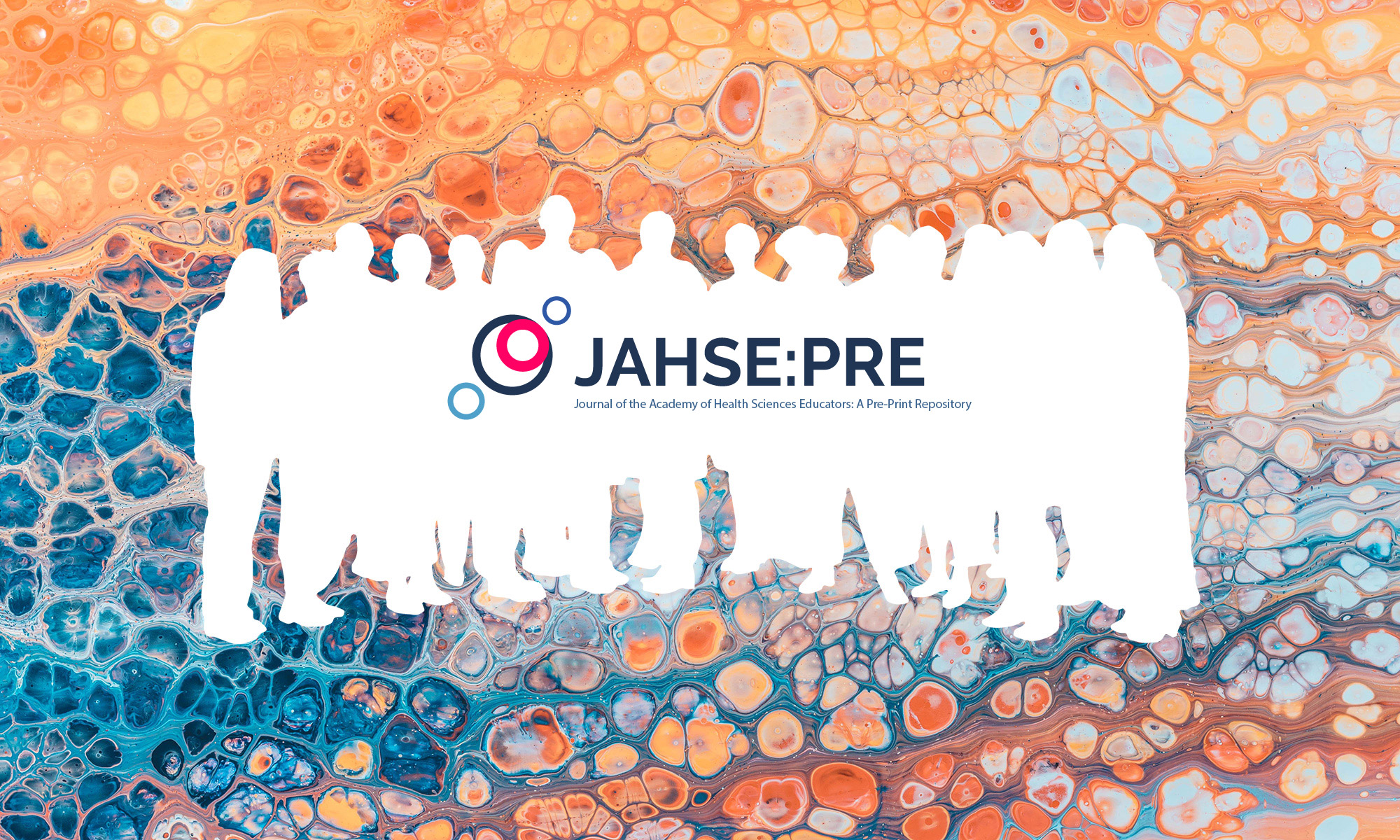By Faculty For Faculty: Co-production To Build A Better Faculty Peer Feedback Program
Abstract Objective: To develop an effective faculty peer feedback program. Background: Traditionally, teaching evaluation relies heavily on learner feedback, yet often produces biased results, reactive curricular decision-making, and is often unaligned with retention-promotion-tenure criteria. Some institutions have developed more holistic teaching evaluation processes to help faculty develop and thrive. Ideally, faculty should be partners in …
